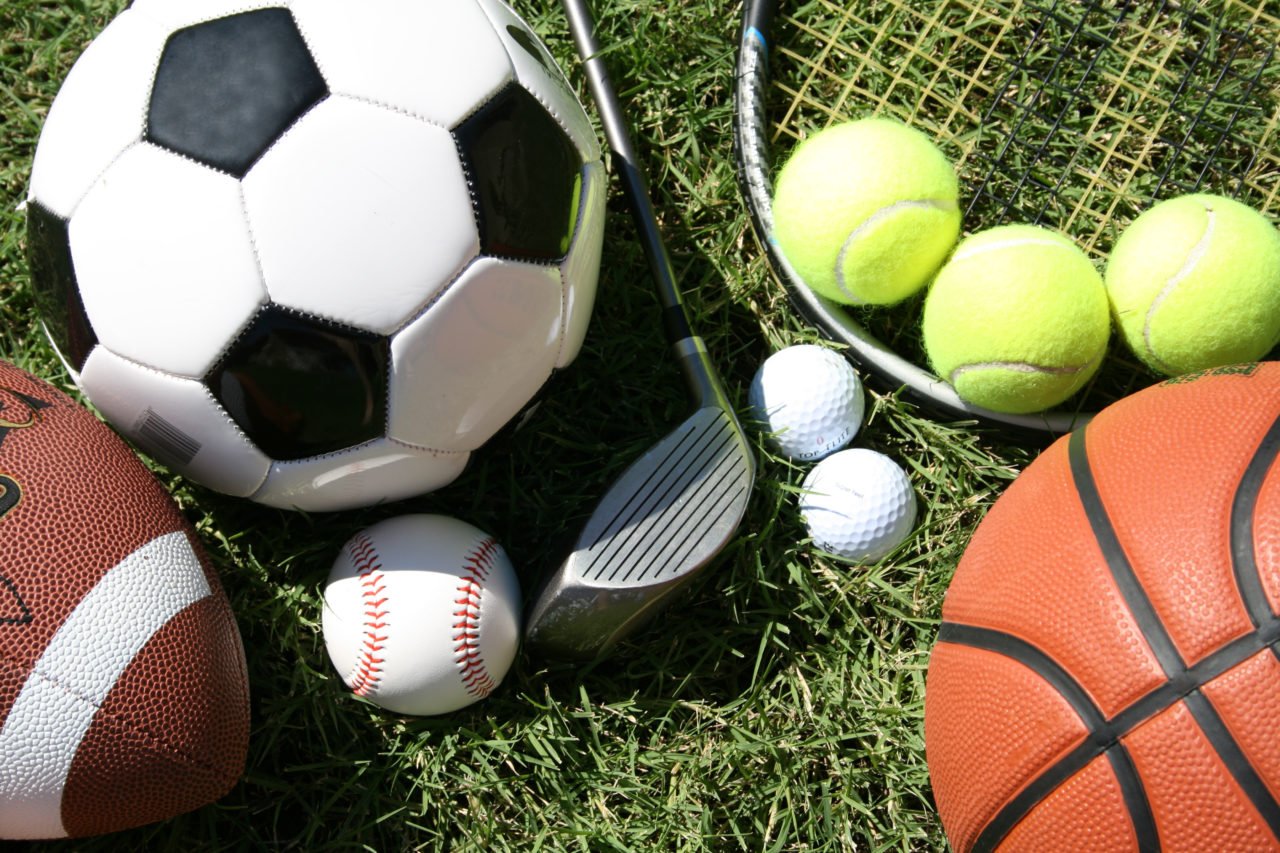The Constitution of the Federal Republic of Nigeria and the Nigerian Data Protection Regulation (NDPR) governs the privacy and use of data of Nigerians- this no doubt include Athletes, Sport Professionals and other relevant regulators in the Sports profession in Nigeria.
The NDPR applies to natural persons residing in Nigeria or residing outside Nigeria who are citizens of Nigeria and to all transactions intended for the processing of Personal Data notwithstanding the means by which the data would be processed.

Hence, Sports Administrators and Professionals in the use and operation of wearable technology must strictly adhere to extant laws. Sports Officials (or where applicable the Data Controller or Administrator) must obtain the express consent of the Athletes (Data Subject), such consent must be freely given and reflect an unambiguous indication of the Data Subject’s wishes through a statement or a clear affirmative action.
Read related articles in this series
- Beyond the gadgets – regulatory and legal considerations for wearable technology in sports
- Regulatory and legal considerations for wearable technology in sports
- Wearable technology and athletes’ right
Furthermore, where the sports regulators, the league bodies or club proprietor wishes to transfer the data of the athletes to a third party for processing, such transfer must be governed by a written contract between the third party and the transferor.
Considering the international and multi-jurisdictional sphere of sports, foreign clubs and administrators may require the data of Nigerian players derived from wearable technology in Nigeria, the law requires that the consent of the Attorney-General of the Federation must be sought and obtained before such transfer to a foreign country or an international organization except where the player expressly consents or the transfer is necessary for the performance of the contract between the player and the employer or for reasons of public interest .
Therefore, the use of wearable technology in Nigeria imposes an obligation on the regulator, the league body or to develop measures to secure the data and privacy of Athletes against all foreseeable hazards and breaches such as theft, cyberattack, viral attack, dissemination, manipulations of any kind of damage.
Also read
- Daymond John, Founder, FUBU and CEO, The Shark Group gets listed on Africa Speakers Group.
- The right to use images of athletes for commercial purposes: The Nigerian Professional Football League
- Empower yourself, break free from traumas of the past by healing
As a postscript, teams and organizations may need to enhance their policies and security protocols. This would be in an effort to ensure compliance with data collection and limit their scope, protecting their vulnerabilities and decreasing liability.
They may include frequent background checks in addition to extensive screening for anyone who works in areas that have access to confidential wearable devices and collected information. Teams will likely also have to ensure compliance with top-notch cyber-security devices, as the security risks that are associated with the collection of data through technology increases.
These risks include the potential of hacking, manipulating data for personal use and gain, cloud storing, and processing. The information that can be gathered through wearable technology has significant value to marketers, and would ultimately, become a fertile ground for litigation in the future if more regulations are not put in place to address some of these issues.


